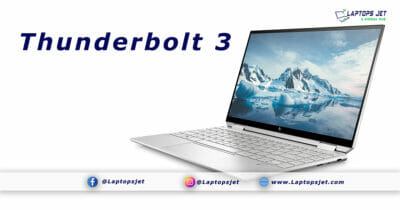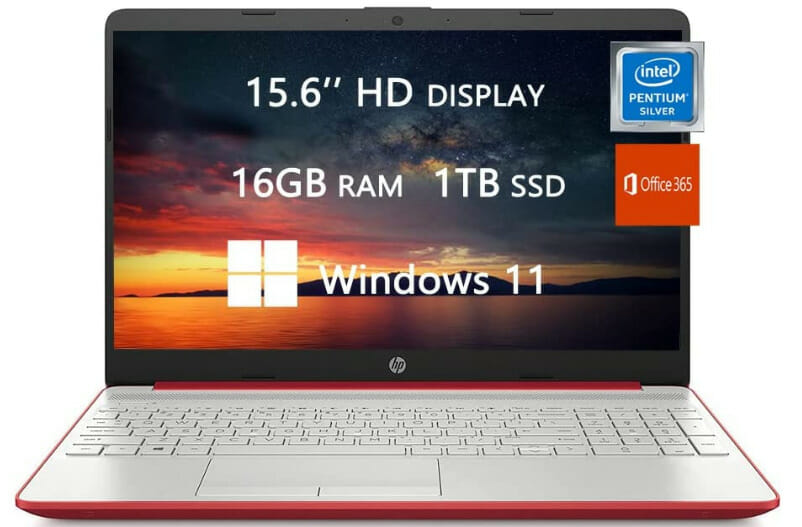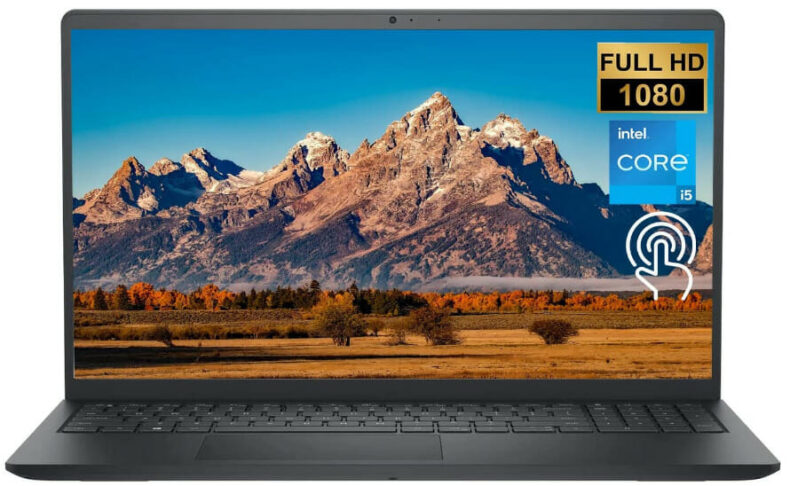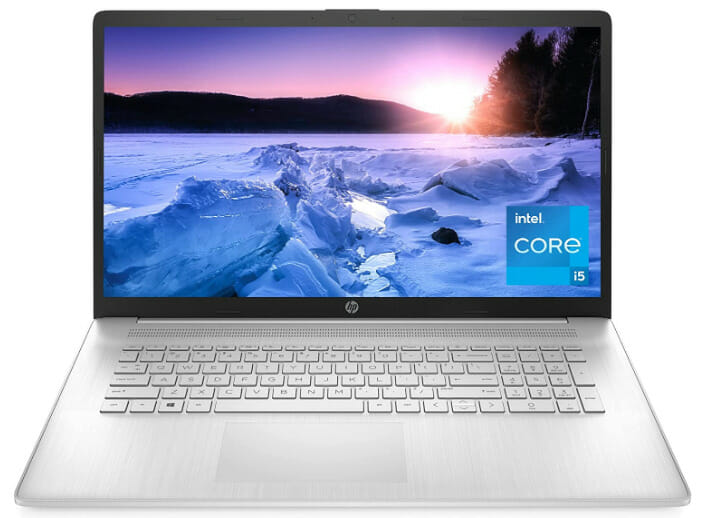Best laptop for physics grad student | Top 7 Models in 2023
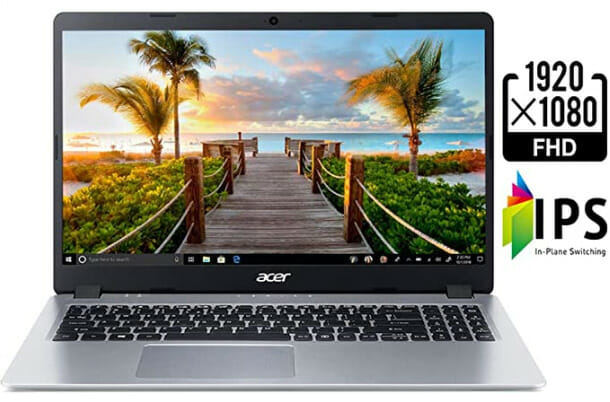
Best laptop for physics grad student
When you’re a graduate student in a field like physics, you’ll likely need a laptop that can keep up with the pace of your work. You might be doing a lot of data crunching, writing papers, or spending hours a day in front of a whiteboard sketching equations. Whatever you do, you’ll want the best laptop you can afford.
There is no doubt that a laptop is an important part of a physics grad student’s life. Not only does it allow them to do their research and write papers, but it is also used to connect with other students in their field. This article will give a rundown of the different types of laptops available and which would be best for a physics grad student. Here is the list of 7 Best laptops for physics grad students.
|||||
1. Acer Aspire 5 Slim Laptop | Best Laptop for physics grad student

| Brand | Acer |
| Series | Aspire 5 |
| Screen Size | 15.6 Inches |
| Colour | Silver |
| Hard Disk Size | 128 GB |
| CPU Model | Ryzen 3 3200U |
| Ram Memory Installed Size | 4 GB |
| Operation System (OS) | Windows 10 Home |
| Graphics Card Description | Integrated |
- Aspect Ratio:16:9
- AMD Ryzen 3 3200U Dual Core Processor (Up to 3.5GHz); 4GB DDR4 Memory; 128GB PCIe NVMe SSD
- 15.6 inches full HD (1920 x 1080) widescreen LED-backlit IPS display; AMD Radeon Vega 3 Mobile Graphics
- 1 USB 3.1 Gen 1 port, 2 USB 2.0 ports & 1 HDMI port with HDCP support
- 802.11ac Wi-Fi; Backlit Keyboard; Up to 7.5 hours of battery life
- Windows 10 in S mode. Maximum power supply wattage: 65 Watts
Pros
- Portability
- Affordable price
- Good battery life
- Wide range of connectivity options
- Good performance
Cons
- Limited storage capacity
- Loud fan noise

If you are a physics graduate student, a Ph.D candidate, a post-doctoral researcher, a professor, a research scientist, or an undergraduate student, the Acer Aspire 5 is a good choice for your daily computing needs. This laptop is designed to work perfectly with your studies and other daily tasks.
This laptop features a stylish silver chassis with a 15.6-inch LED-backlit full HD IPS display with a 16:9 ratio and a 1920 x 1080 resolution. This laptop will surely look great in any room of your house or office.
The Aspire 5 is powered by the Ryzen 3 3200U processor, which supports up to three cores, up to 4.5GHz frequency, and can handle eight threads. This laptop also has 4GB of RAM and 128GB of PCIe NVMe solid-state drive. It has a maximum power of 65W and an Intel Wireless-AC 8265 adapter for wireless connectivity.
The laptop comes with Windows 10 operating system, and you can choose between Windows 10 Home or Windows 10 Pro. The Pro version includes Microsoft Office Professional Plus 2019, OneNote 2019, Skype for Business Online, OneDrive storage, and more.
If you need to connect this laptop to a projector, you can do so with the HDMI port. The Aspire 5 also has an Ethernet and USB Type-C port that connects devices like printers, external hard drives, and mobile phones. The laptop weighs 2.3 pounds and is 12.4 x 8.9 x 0.7 inches. It has dimensions of 13.3 x 9.2 x 1.4 inches and comes with a one-year standard warranty.
2. Apple 2020 MacBook Air Laptop | Best laptop for Physics Students

| Brand | Apple |
| Series | MacBook Air |
| Screen Size | 13.3 Inches |
| Color | Space Gray |
| Hard Disk Size | 256 GB |
| CPU Model | Apple M1 |
| Ram Memory Installed Size | 8 GB |
| Operation System (OS) | Mac OS |
| Graphics Card Description | Integrated |
- All-Day Battery Life – Go longer than ever with up to 18 hours of battery life.
- Powerful Performance – Take on everything from professional-quality editing to action-packed gaming easily. The Apple M1 chip with an 8-core CPU delivers up to 3.5x faster performance than the previous generation while using less power.
- Superfast Memory – 8GB of unified memory makes your system speedy and responsive. That way, it can support tasks like memory-hogging multitab browsing and quickly opening a huge graphic file quickly and easily.
- Stunning Display – With a 13.3” Retina display, images come alive with new levels of realism. The text is sharp and clear, and the colors are more vibrant.
- Why Mac – Easy to learn. Easy to set up. Astoundingly powerful. Intuitive. Packed with apps to use right out of the box. Mac is designed to let you work, play, and create like never before.
- Simply Compatible – All your existing apps work, including Adobe Creative Cloud, Microsoft 365, and Google Drive. You can also use your favorite iPhone and iPad apps directly on macOS. Altogether you’ll have access to the biggest collection of apps ever for Mac. All are available on the App Store.
Pros
- Lightweight and compact design
- Powerful 10th gen Intel Core CPU
- Retina display
- Long battery life
- Convenient and secure Touch ID
- Comfortable typing experience
- Pre-installed software
- Available in a range of colors
Cons
- Limited storage options
- No SD card slot or USB-A ports

The MacBook Air is Apple’s entry into the market. It’s the most affordable, but still quite powerful, laptop out there. It’s a great device for college students and people who want a computer that doesn’t weigh them down but still has the power to tackle all their needs.
As a physics graduate student, I needed something that would be able to handle the demands of my studies. I wanted something that could be used for school and projects but was portable and had decent battery life. The MacBook Air is the perfect blend of these factors.
The MacBook Air is fanless, so it doesn’t require much maintenance. It’s also incredibly light, making it a breeze to carry around on a trip. The MacBook Air will be just fine; for most people, it’s just enough. But you might want to look at other options if you love to game or do anything intensive that can take up a lot of power.
You can also choose between a 13-inch and 15-inch version of the MacBook Air, but we recommend getting the 13-inch model. It’s the smaller, cheaper version, so you don’t have to worry about breaking the bank, which makes it the best laptop for physics students.
3. Lenovo Chromebook S330 Laptop | Best laptop for Physics Students
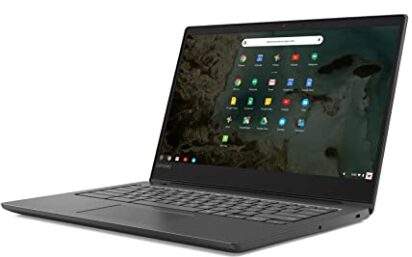
| Brand | Lenovo |
| Series | Chromebook S330 |
| Screen Size | 14 Inches |
| Color | Business Black |
| Hard Disk Size | 64 GB |
| CPU Model | Mediatek Mt8173C |
| Ram Memory Installed Size | 4 GB |
| Operation System (OS) | Chrome OS |
| Graphics Card Description | Integrated |
- Aspect Ratio:16:9
- High-performance laptop: The Chromebook S330 is equipped with a MediaTek MTK8173C Processor, Chrome OS, 4 GB LPDDR3, 64 GB eMMC 5.1, and so much more
- Sleek and stylish design: Sleek, stylish, and secure, the Lenovo Chromebook S330 is less than one inch thin and 3.3 pounds light with a 14-inch FHD display. Perfect for day-to-day computing and multimedia, on or offline
- Powerful processing: The Lenovo Chromebook S330 delivers various performance features, perfect for all your daily computing needs. Enjoy powerful processing for daily tasks, LPDDR3 memory for multitasking, eMMC storage for quick boot-ups, fast software loading, and an additional 100 GB of cloud storage via Google Drive.
- Built to connect us: Full I/O support is standard on the laptop computer with USB-C, micro SD, and USB 3.0 for effortless connectivity. Further, this Chromebook also features powerful 2 x 2 Wi-Fi ac with Bluetooth 4.1, a 720p webcam, and two 2W speaker systems for effortless collaboration, all supported via a suite of collaborative apps via Chrome OS.
Pros
- Lightweight
- Fast
- Reliable
- Long Battery Life
- Affordable
Cons
- Limited App Support
- Limited Offline Functionality

With the Lenovo Chromebook S330, you get an excellent balance of performance, security, and a design that makes it look great.
The laptop is a powerful, lightweight 14” device that can be used for daily tasks or gaming. It’s easy to use, with a simple operating system and many built-in tools. And it’s backed by a three-year warranty so you can be confident in its reliability. The laptop has a ton of functionality and is pretty cheap too.
The Lenovo Chromebook S330 can be used for anything you need a laptop for. You can do schoolwork, work, play games, watch videos, and more.
The Chromebook also offers a ton of cloud storage. That means you can access all your content regardless of where you are. This is great for anyone with a mobile lifestyle. It’s a great little device worth checking out if you’re looking for the new and best laptop for physics grad students.
4. HP Stream 11.6-inch HD Laptop | Best laptop for physics students
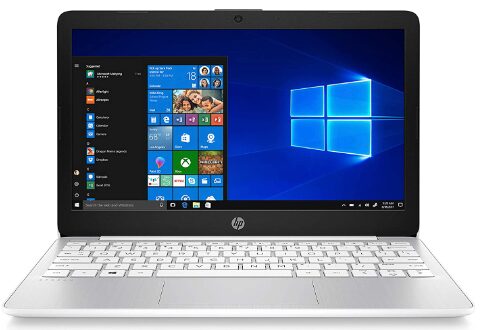
| Brand | HP |
| Series | HP Stream 11 |
| Screen Size | 11.6 Inches |
| Color | Diamond White |
| Hard Disk Size | 32 GB |
| CPU Model | Celeron |
| Ram Memory Installed Size | 4 GB |
| Operation System (OS) | Windows 10 Home |
| Graphics Card Description | Integrated |
Pros
- Affordable price
- Lightweight and portable
- Good battery life
- Decent performance
- Pre-installed software
Cons
- Low-resolution display
- Limited performance

This HP Stream 11 laptop is a great option for physics students because of its powerful processor and large screen. The HP Stream 11 is a budget-friendly, 11.6-inch laptop with 32GB SSD storage and an Intel Celeron N3060 processor.
This processor offers a decent speed, boasting 3.2GHz with a base clock speed of 1.8GHz and a turbo boost speed of 2.9GHz. That’s better than the base speed and turbo speed of the other laptops we tested, and this is likely why you can see that its RAM is also 4GB, as opposed to the other laptops’ 2GB.
Another thing we noticed about the HP Stream 11 comes with the Intel UHD Graphics 600, a decent graphics card that supports up to 4K output with a 60Hz refresh rate. This makes it a good option for those who want to watch movies or play games on their laptop.
The display has a resolution of 1366 x 768, which is decent for watching movies, browsing the web, and working on Word and Excel documents. This is still a great laptop, as it offers decent specs, is easy to carry around, and comes with a reasonable price tag. So if you’re looking for a basic school laptop, this is a good option for physics students.
5. ASUS Chromebook C223 11.6″ HD Chromebook Laptop
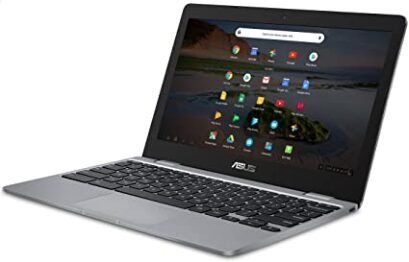
| Brand | ASUS |
| Series | Chromebook C223 |
| Screen Size | 11.6 Inches |
| Color | Grey |
| Hard Disk Size | 32 GB |
| CPU Model | Celeron N3350 |
| Ram Memory Installed Size | 4 GB |
| Operation System (OS) | Chrome OS |
| Graphics Card Description | Integrated |
- Aspect Ratio:16:9
- Ready for productivity and performance while being on the go, with speedy performance, robust security, and instant-on convenience
- Lightweight 2.2-pound body with a thin and premium metallic finish for a sleek appearance
- 11.6 inch HD 1366×768 Anti-Glare Display
- Powered by the Intel Celeron N3350 Processor (2M Cache, up to 2.4GHz) for fast and snappy performance
- 4 GB DDR3 RAM; 32GB eMMC hard drive; No CD or DVD drive
Pros
- Portability
- Affordability
- Fast startup
- Battery life
- Security
- User-friendly interface
Cons
- Small screen size
- Limited processing power

It is best for students who need a fast, lightweight, and powerful Chromebook for their physics courses. This ASUS Chromebook runs Chrome OS and provides a sleek and lightweight design with a powerful processor, plenty of RAM, and a large screen for all the power you need.
This is a fast and lightweight laptop that you can take anywhere. And it’s made to be durable, so you’ll have it for years. You can easily use the keyboard and touchpad because they’re big enough for your fingers, but the touchscreen is surprisingly responsive. With 4 GB of RAM and 32 GB of storage space, it handles multiple tabs and programs without a problem.
And with the Celeron processor, you won’t have any problems running everything you need to do on the go. You can access all your files and apps and perform everyday tasks like sending emails and surfing the web. This is the perfect Chromebook for physics students needing a portable, powerful, and reliable computer.
6. Lenovo IdeaPad 1 14 Laptop | Best laptop for Physics students
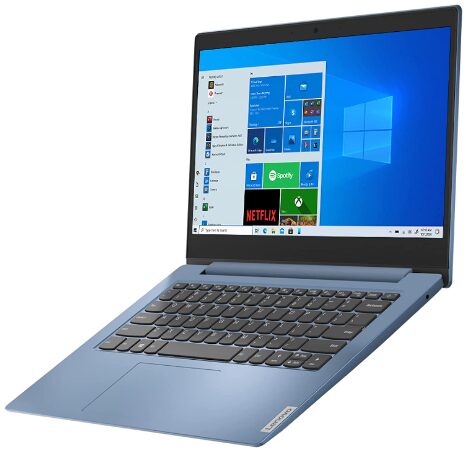
| Brand | Lenovo |
| Series | Ideapad 1 14 Laptop |
| Screen Size | 14 Inches |
| Color | Ice Blue |
| CPU Model | Celeron N4020 |
| Operation System (OS) | Windows 10 |
| Graphics Card Description | Integrated |
- This everyday laptop is powered by an Intel Celeron N4020 processor, 4GB DDR4 RAM, and 64 GB M.2 PCIe SSD storage.
- Enjoy videos or browse online on a 14″ HD display panel framed by narrow bezels.
- Dolby Audio delivers crystal-clear sound through the built-in dual stereo speakers.
- Light and slim, this Windows 10 laptop computer (S mode) weighs just over 3 lbs and is less than 1 inch thick.
- WiFi 802.11 ac and Bluetooth 4.1 connectivity; ports include 2 x USB 3.1 Gen 12 (Type-A), MicroSD Card Reader; HDMI; Microphone / Earphone Combo
Pros
- Affordable
- Lightweight and portable
- Decent battery life
- Adequate performance
- Wide range of ports
Cons
- Low-resolution display
- Limited upgradability

We’ve tested dozens of laptops over the years, from cheap budget models to more expensive options. The ThinkPad E431 is the best for students and researchers in our tests. It delivers excellent performance, a solid display, and great battery life.
The Lenovo IdeaPad 1 14 has a 14-inch IPS screen with a Full HD resolution and wide viewing angle. It has various ports, including a USB-C port, a headphone jack, two USB 3.1 Gen. 1 Type-A ports, an HDMI port, a MicroSD card reader, and a microphone/speaker combo.
It also comes with a 1TB hard disk drive and 64GB of memory, which can be expanded to 256 GB. Its 13-hour battery life is long enough to handle most day-to-day activities, while the battery is good for about eight hours in hybrid mode. Overall, this is a solid performer for physics students and researchers.
7. Lenovo IdeaPad Duet 5 Chromebook
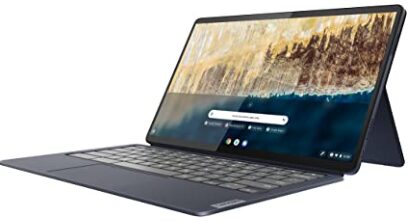
| Brand | Lenovo |
| Series | Ideapad Duet 5 Chromebook |
| Screen Size | 13.3 Inches |
| Color | Abyss Blue |
| CPU Model | Snapdragon |
| Ram Memory Installed Size | 4 GB |
| Operation System (OS) | Chrome OS |
| Graphics Card Description | Integrated |
- The Lenovo IdeaPad Duet 5 Chromebook is the ultimate 2-in-1 device, powered by Chrome OS and cloud computing and designed for portability – take it anywhere for up to 15 hours of battery life.
- This versatile touchscreen Chromebook has a detachable fabric folio keyboard, stylus support, and an ultra-light slim chassis; enjoy a favorite movie in tablet mode, then snap on the laptop-grade keyboard to become a productivity powerhouse.
- With its lightweight Samsung OLED display, the Duet 5 Chromebook’s 13.3″ full-HD screen (1920 x 1080) at 400 nits bright is capable of true color via a 100% DCI-P3 color gamut.
- Enjoy crystal-clear audio from 4 speakers with smart amplifier technology, 2 microphones, and rear 8MP and 5MP front-facing 1080p FHD cameras for streaming and video calls.
- Discover how fast and simple this 2-in-1 Chromebook is – login with your Google Account to access your Google Drive and Chrome preferences; find every app you need for work, study, and entertainment in the Google Play store.
Pros
- Versatile
- Long battery life
- Portable
- Google Play Store
- Affordable
Cons
- Limited storage
- Limited Software

The IdeaPad Duet 5 Chromebook is a truly impressive laptop for physics students. We’re talking about a device with a great price point, durable build, big screen, battery life, and ability to switch between a laptop and a tablet.
We can’t go into all the details in this review, but we can say that this is an incredibly versatile laptop. It’s easy to take everywhere because it’s so light and small. The display is bright and crisp and has many useful features, such as a 100% DCI-P3 color gamut. You can also take it apart and have it as a tablet with an optional keyboard.
For the most part, this is a laptop you can use for hours at a time. You can watch movies or TV shows or browse the internet. It’s great for writing papers, other school work, and taking notes.
There’s nothing like having a full-fledged laptop for your grad school. It can be used for schoolwork, watching movies, listening to music, and browsing the web. While it’s a little bit heavier than other laptops, it still feels sturdy and has a great full size keyboard for typing papers and doing math.
Conclusion!
In conclusion, Laptop choice is not as straightforward as you might expect. There are many aspects to consider before purchasing your next laptop, and the best laptop for a physics grad student is not a one-size-fits-all model. Your needs, preferences, budget, and performance requirements are the most important factors when selecting your next laptop. Below we have summarised the key features you must consider when choosing a laptop.
FAQs.
What laptop do physicists use?
Some u003cstrongu003eimportant laptops physicists useu003c/strongu003e!u003cbru003e1. Acer Aspire 5 Slim Laptopu003cbru003e2. Apple 2020 MacBook Air Laptopu003cbru003e3. Lenovo Chromebook S330 Laptopu003cbru003e4. HP Stream 11.6-inch HD Laptopu003cbru003e5. ASUS Chromebook C223 11.6u0022 HD Chromebook Laptop
Which laptop is best for graduate students?
These are the u003cstrongu003ebest laptops for graduate students!u003c/strongu003eu003cbru003e1. Acer Aspire 5 Slim Laptopu003cbru003e2. Apple 2020 MacBook Air Laptopu003cbru003e3. Lenovo Chromebook S330 Laptopu003cbru003e4. HP Stream 11.6-inch HD Laptopu003cbru003e5. ASUS Chromebook C223 11.6u0022 HD Chromebook Laptopu003cbru003e6. Lenovo IdeaPad 1 14 Laptopu003cbru003e7. Lenovo IdeaPad Duet 5 Chromebook
Do physics students need laptops?
Physics students sometimesu003cstrongu003e need laptopsu003c/strongu003e because they need to take notes. Physics is not just about doing experiments and making predictions. In physics, you must learn to analyze data and make predictions. Instruments usually collect the data, and you can use a laptop to write down your data analysis. u003cbru003eu003cbru003eAlso, there are certain books that you need to read. You can’t do that if you don’t have a laptop. Laptops also have some programs; you need them to create research projects.
Which laptop is the best for research students?
These are the u003cstrongu003ebest laptops for research students!u003c/strongu003eu003cbru003e1. Acer Aspire 5 Slim Laptopu003cbru003e2. Apple 2020 MacBook Air Laptopu003cbru003e3. Lenovo Chromebook S330 Laptopu003cbru003e4. HP Stream 11.6-inch HD Laptopu003cbru003e5. ASUS Chromebook C223 11.6u0022 HD Chromebook Laptopu003cbru003e6. Lenovo IdeaPad 1 14 Laptop
Do Ph.D students get laptops?
Yes, they do. A Ph.D student needs a laptop to do his or her research. Buying a laptop with plenty of storage space and a strong enough processor is very important. In addition, you should buy a good quality laptop because it will last for a long time.
